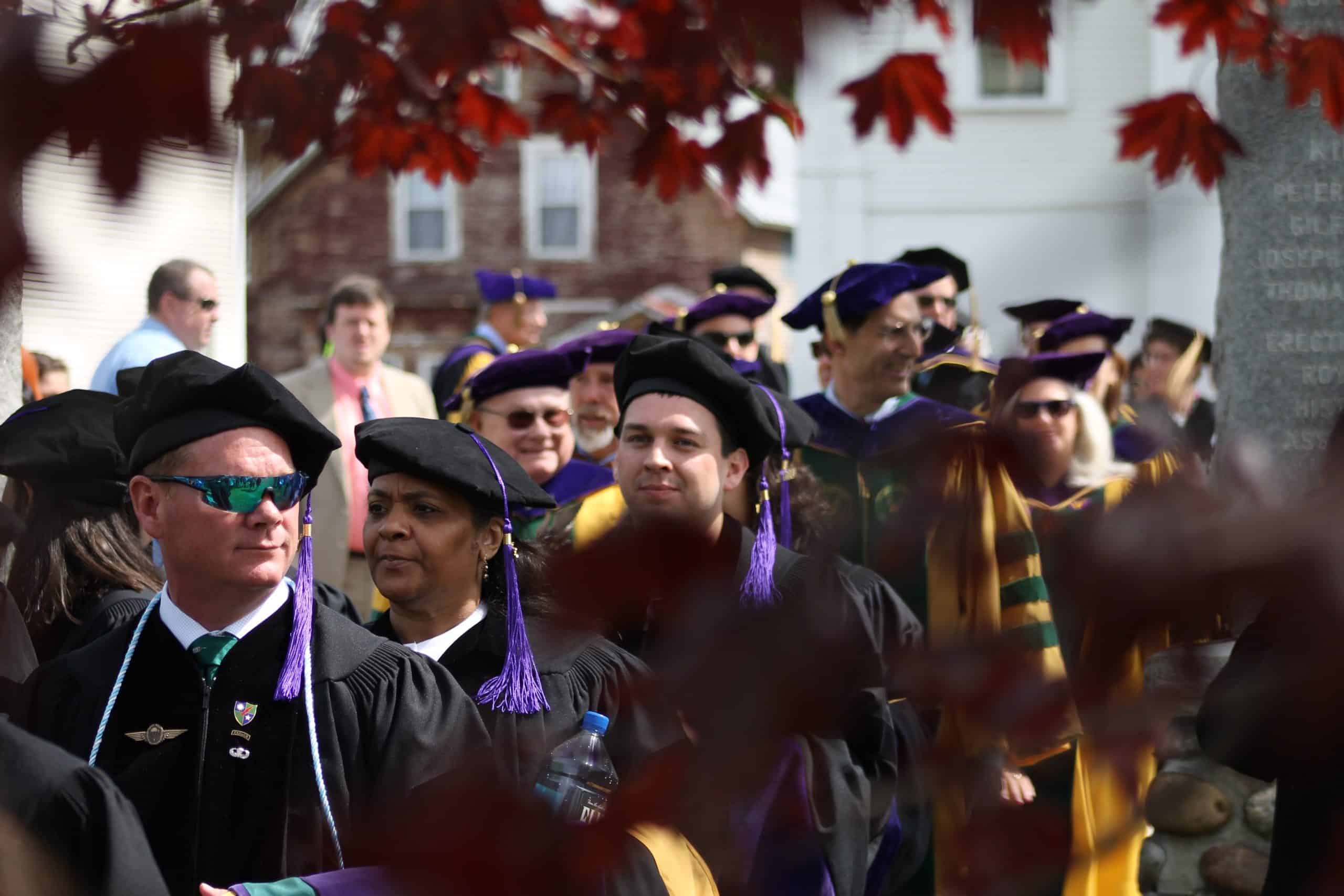
Restorative Justice: Graduate Programs Edition
The Office of Admissions invites you to a restorative justice focused session with Quixada Moore-Vissing, interim director of the Center for Justice Reform and visiting assistant professor. We’ll explore the work of the Center for Justice Reform, the Master of Arts in Restorative Justice (MARJ) and Graduate Certificate in Restorative Justice (GCRJ) curriculum, opportunities to […]








